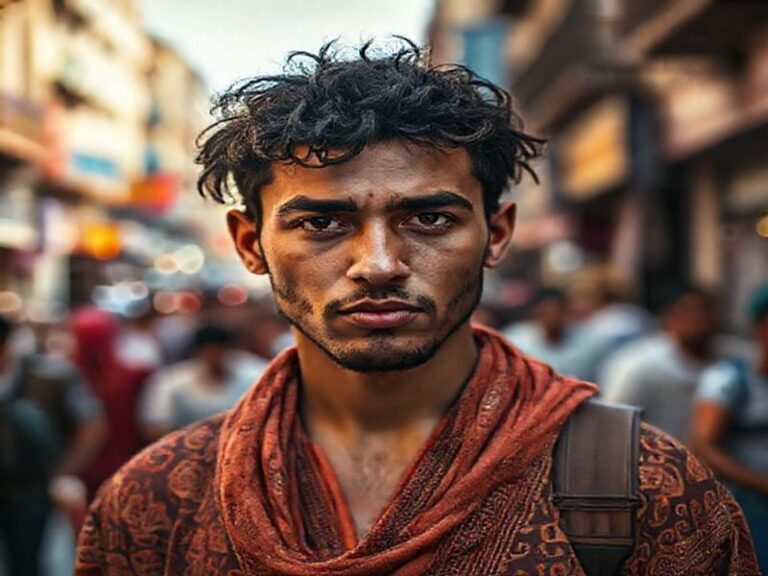Oliver Farnworth: How a British Soap Actor Became the World’s Most Unlikely Geopolitical Omen
Oliver Farnworth: The Accidental Geopolitical Barometer Nobody Ordered
By Our Man in the Cheap Seats, Somewhere Over the Atlantic
If you’ve blinked since 2017 you probably missed Oliver Farnworth’s first international incident. The British actor—best known for playing “man who looks like he’s perpetually smelling milk about to turn”—was quietly filming a car-commercial-cameo in rural Estonia when a Russian satellite chose that exact stretch of bog to fall from the sky. No one died; the cow lived; Farnworth’s agent emailed the footage to Netflix “just in case.” Thus did a B-list soap-opera refugee become, overnight, the only piece of British debris Moscow didn’t claim as historically theirs.
Welcome to the age where the butterfly effect has been replaced by the soap-star effect: negligible fame, tectonic consequences. Farnworth’s CV reads like a UN sanctions list: he’s been killed off in Coronation Street (Yorkshire), resurrected in Hollyoaks (Cheshire), and digitally erased from a Malaysian action flick after the censor board decided his sideburns were “provocatively Western.” Each cancellation ricochets through the global content sluice, forcing dubbing studios from Lagos to Lima to splice in a local replacement—usually a DJ with 200k Instagram followers and a cousin in the ministry of culture. The result: an inadvertent employment programme for the otherwise unemployable, proof that late capitalism can monetise even the void where talent should be.
Farnworth’s real utility, however, is cartographic. Pin his shooting locations on a map and you’ve got a handy atlas of where tax breaks are desperate enough to outweigh reputational risk. Serbia? Check—government will rebate 25 % if you promise not to mention the ’90s. Cape Town? Certainly—just ignore the daily power cuts; they’re “load-shedding,” not “indefinite darkness.” His suitcase is the new Freedom House index: if Farnworth lands a three-episode arc, expect IMF negotiations within 18 months. Investors call it “the Farnworth Indicator”; locals call it Tuesday.
The actor himself remains endearingly oblivious, still tweeting things like “Great craft services in Tbilisi!” while outside his hotel window the next revolution practices Molotov arcs. Fame’s inverse square law means the smaller your profile, the closer you can stand to civil unrest without being recognised. Clooney needs a private compound; Farnworth just needs a baseball cap from the last failed state he visited. It’s the geopolitical equivalent of shoplifting in a self-checkout lane—technically wrong, but too insignificant to prosecute.
Which brings us to the existential bit. In a rational universe nobody should care that a man whose chief skill is pretending to be surprised by a secret paternity test is now, by sheer frequency of appearance, a more reliable fixture in living rooms than the WHO’s latest variant chart. Yet here we are, binge-watching nations collapse between ad breaks for toothpaste and tombstones. Farnworth’s face—earnest, symmetrical, forgettable—has become the screensaver of imperial decline, the last thing you see before the generator sputters out.
So toast him the next time your portfolio tanks or your grid goes dark. Somewhere, on a soundstage built over a former chemical plant, Oliver is learning his lines in phonetic Ukrainian, single-handedly postponing the entropy of Western civilisation by 44 minutes plus commercials. He’ll never win an Emmy, but he’s already won something more durable: the gratitude of dictators who need a white guy in the background to sell sincerity.
And when the satellites finally hit your rooftop, don’t bother looking for Bruce Willis. Demand the man who once survived a tram crash in Weatherfield. He’s cheaper, expendable, and—crucially—already on location, waiting for the doughnut truck to signal wrap. The world ends not with a bang, but with a second-unit director yelling “That’s lunch, people.”







